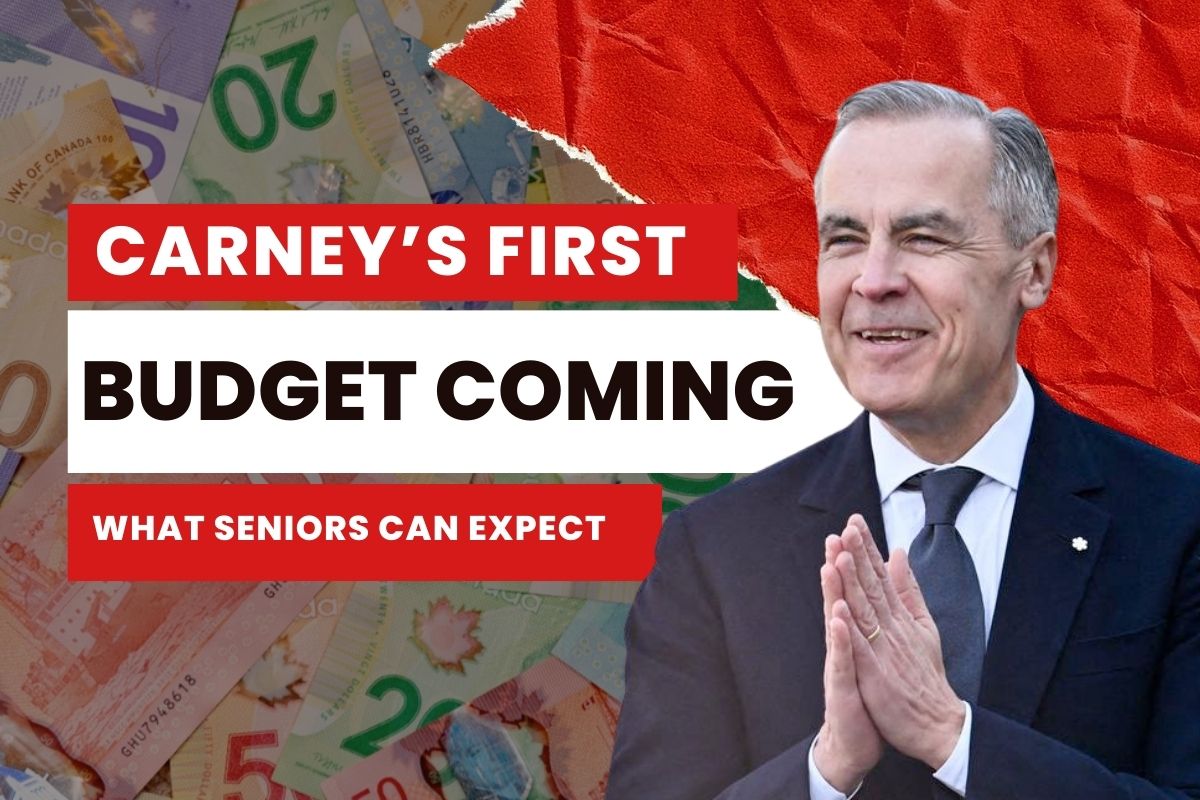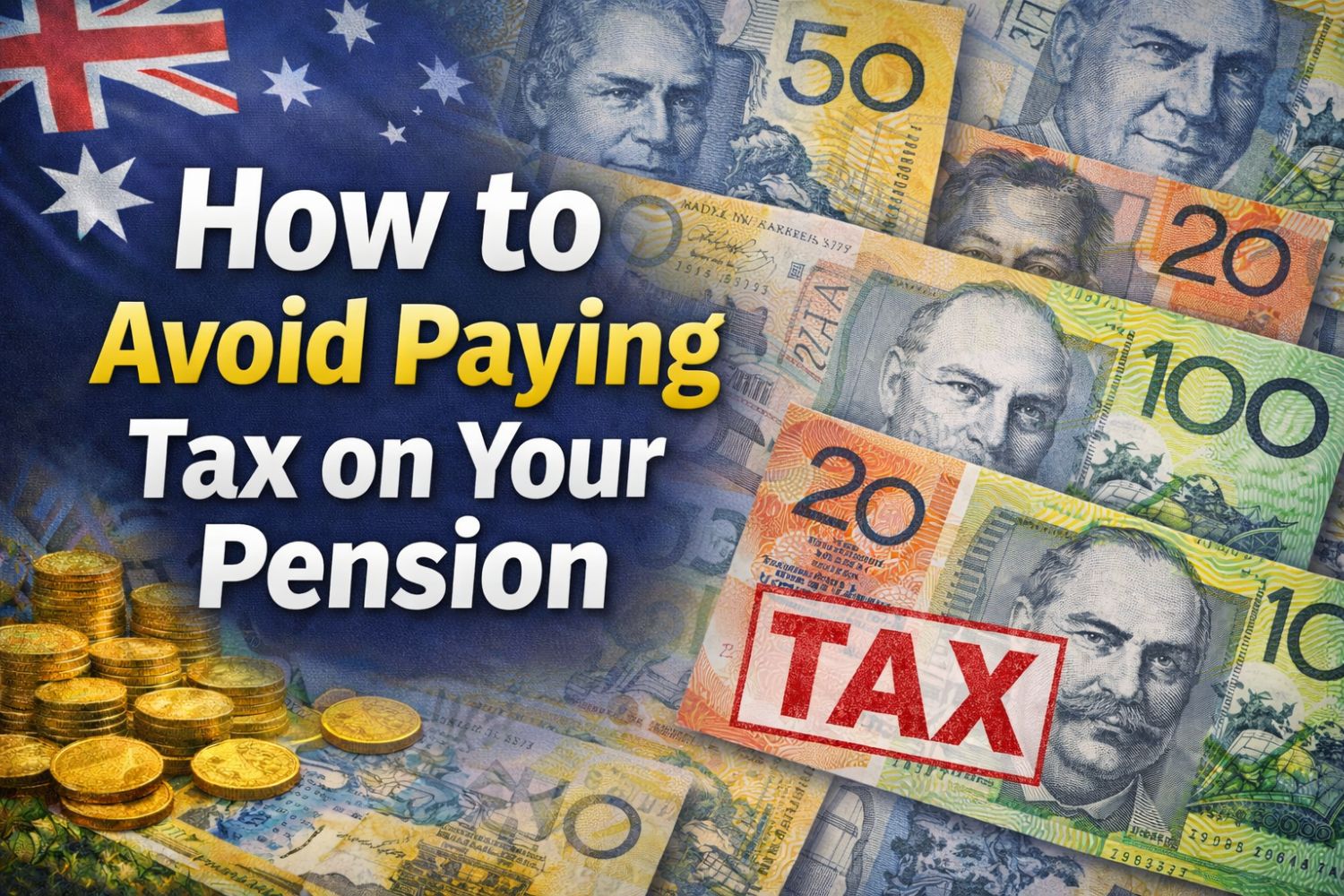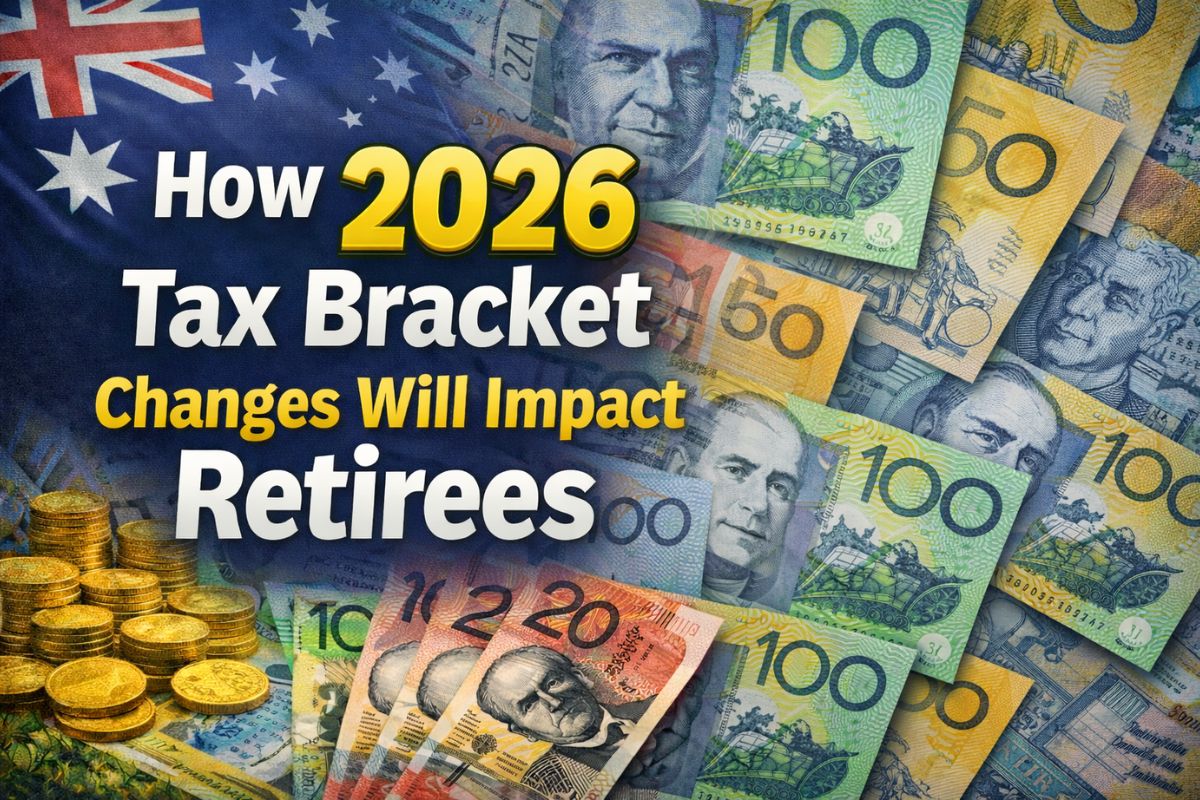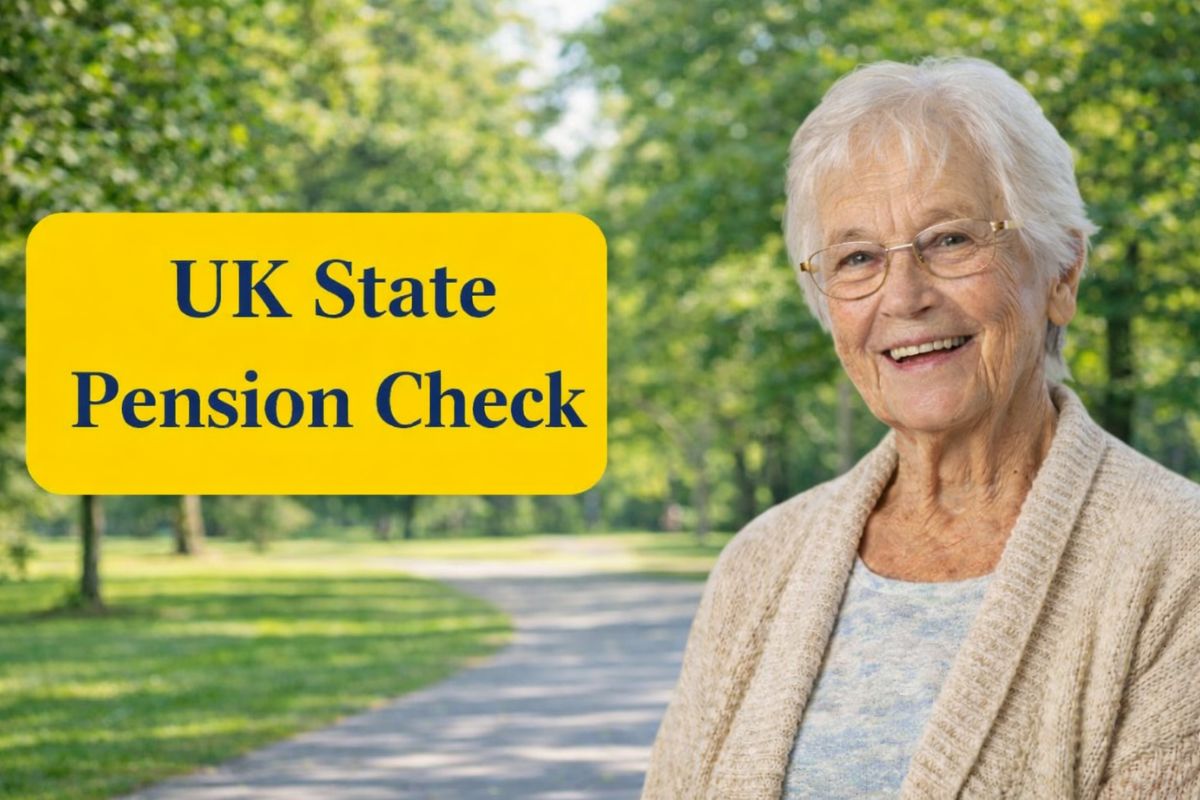The new Prime Minister of Canada, Mark Carney will introduce his first federal budget on November 4. Many people, seniors included, are making big news of this budget. Most elderly individuals are concerned about the increasing cost of living: food, medicine, household heating, health care. They also desire pensions, assistance with lodging, assistance with property payments. And they hope that Carney will cover these things in his budget. The elderly desire both security and honor not to be forgotten. They want government to spend on issues that are important to them.
Although we can not yet say, some things are probable, some maybe. Since it was already announced by government that they will make huge investments on infrastructure, housing, defence, and will attempt to manage deficit. But that will come at a price: there will be trade-offs, perhaps a change in taxes. This may be good and bad to the seniors. They must make preparations, be attentive to announcements, know what to change. This paper attempt to discuss what older people may expect in this Nov. 4 budget, what could be good, what could be risky, what they should be aware.
Carney’s first budget coming Overview
| Item | What to Expect / What Might Happen |
| Budget date | November 4, first under Carney government |
| Deficit status | Expected “substantial” deficit in short term |
| Operating budget goal | Balance in about three years |
| Capital/infrastructure spending | Increase, new projects likely |
| Seniors’ pensions | Possible protection or increase, though not confirmed yet |
| Health care | Likely more funding, subsidies expected |
| Housing help | Possibly grants, relief for property tax, affordable housing programs |
| Tax relief for seniors | Possible higher credits, deductions; not sure yet |
| Utility cost support | Maybe subsidies, or relief programs in budget |
| Risks for seniors | Delays, tax changes, some loosening of benefits possible |
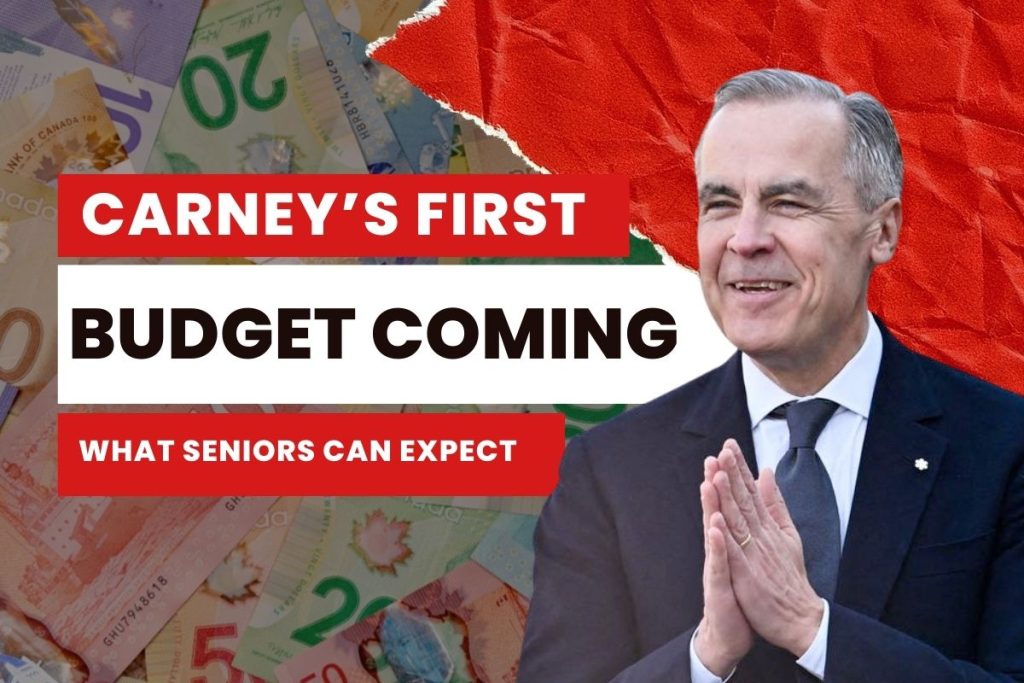
What we know so far about Carney’s first budget
- Liberal Carney government will present the first budget in November 4.
- Government reports that it will spend heavily in sectors such as housing, infrastructures, defence, etc.
- They further state that they would like to have the operating budget balanced in 3 years to come. However, there will be an increase in capital expenditure (projects, infrastructure).
- Short-term – anticipation of significant deficit – i.e. government may get out of pocket in the short term.
What seniors Can Expect From Mark Carney’s first budget
The things the seniors are likely to desire in the budget of Carney include:
- Pension raise or shield – cost of living is on the rise, inflation is high. Older people do not want their pension amount to decline.
- Health care relief – increased investment in home care, subsidized medicine, reduced prescriptions.
- Affordable housing – assistance in rent, property tax exemption, grants to repair properties to older adults.
- Tax relief – reduce taxes on senior citizens, increase tax deductions/tax credits.
- Utility assistance – assistance with heating, power bills, water bills.
What the older generation may be concerned with
These are potential ill things or pitfalls elderly citizens should be cautious of:
Some programs may be eliminated to allow the government to finance new programs.
Probably, deficit can contribute to increased taxation in the future.
- Inflation is ongoing, perhaps budget promises lag.
- Younger or middle-income first would be benefited by the new spending, leaving seniors behind.
- Budget implementation latencies: although budget may be promising, at times money arrives late.
Probable items in the budget that impact the seniors
According to what the government believes and what the experts anticipate, these things may occur:
- Growth in investment in health care and home care services.
- New or increased drugs or medicine prescriptions subsidies.
- Elderly homeowners cheque on property tax relief.
- Enhanced bus service to the elderly.
- More assistance to the elderly in the country or rural areas.
What seniors should do now
- Monitor government after Nov 4 announcements.
- Check what programs are already there, check whether you qualify.
- Withdocs (ID, age, proof of pension, etc.).
- Discussion with local senior groups, community centres – they are not always aware in time.
- Watch out on rumors: beware of rumors before budget.
Conclusion
The point is these: first budget by Carney, November 4, can be of great help to seniors. Should the government listen then they may protect or raise their pensions, assist with medicines, housing, utilities, reduce their taxes. However, it also comes with risk: things can be unclear, there might be trade-offs, delays, or not everyone can get the benefits. Elderly ought to be alert, inquisitive, track news following budget release. This budget will demonstrate the extent to which the government attaches importance to the old people. When done properly, this can simplify the lives of many. Otherwise, the elderly might have to speak up to ensure that their voices are heard.
FAQ’s
1. Does this budget increase pension to seniors?
We don’t know yet. It can, since pension protection can be a component of such budgets. But there is nothing in print at the moment about pension increase of seniors. Elderly people are to be aware of budget speech.
2. Will the tax increase or decrease towards seniors?
Could go either way. The government can increase certain taxes to finance expenditure; can also provide relief due to tax credit or deduction to the elderly. It depends on what they cut or back in government.
3. Will there be more guarantee programs on home care or medicine?
Not guaranteed. Some promises may be made. But budget speeches can be what they are and reality is in doing them, in terms of funding, priorities.
